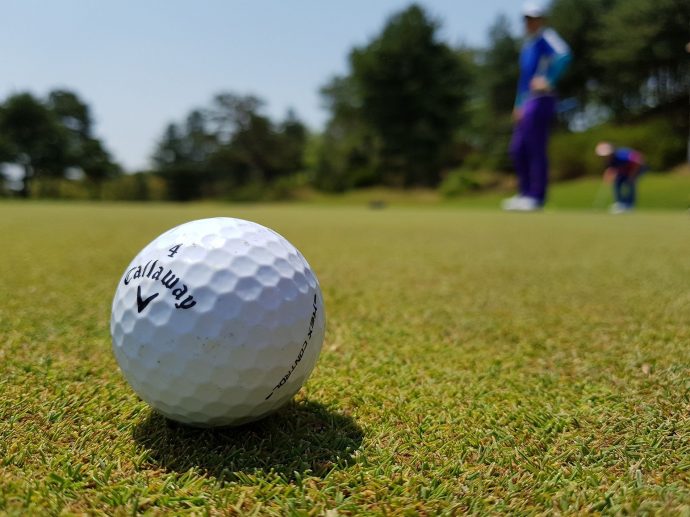Categories more
- Adventures (17)
- Arts / Collectables (15)
- Automotive (37)
- Aviation (11)
- Bath, Body, & Health (77)
- Children (6)
- Cigars / Spirits (32)
- Cuisine (16)
- Design/Architecture (22)
- Electronics (13)
- Entertainment (4)
- Event Planning (5)
- Fashion (46)
- Finance (9)
- Gifts / Misc (6)
- Home Decor (45)
- Jewelry (41)
- Pets (3)
- Philanthropy (1)
- Real Estate (16)
- Services (23)
- Sports / Golf (14)
- Vacation / Travel (60)
- Watches / Pens (15)
- Wines / Vines (24)
- Yachting / Boating (17)
The Social Impact of Golf: Charities and Community Programs
Published
04/29/2024In the age of the DIY golf simulator and virtual driving ranges, the game of golf is experiencing a renaissance that extends far beyond the fairways. Beyond the pursuit of pars and birdies lies a world of philanthropy and community engagement, where golfers come together to make a difference both on and off the course. From charity tournaments to grassroots initiatives, golf is playing an increasingly vital role in supporting charitable causes and fostering inclusivity within local communities.
Swinging for a Cause: Major Charity Tournaments
At the heart of golf's social impact are the myriad charity tournaments held each year, where players come together to raise funds and awareness for a variety of worthy causes. From celebrity-studded affairs to grassroots events organized by local clubs, these tournaments serve as a powerful platform for golfers to give back to their communities and make a positive difference in the world.
One notable example is the AT&T Pebble Beach Pro-Am, which pairs professional golfers with celebrities and amateur players in a unique tournament format. Since its inception, the Pro-Am has raised millions of dollars for charity, supporting organizations dedicated to education, healthcare, and environmental conservation. Similarly, the PGA Tour's FedExCup Playoffs feature the Birdies for the Brave program, which honors and supports military service members and their families through a series of charity initiatives.
Golfers Making a Difference: Profiles in Philanthropy
Beyond the glitz and glamour of professional tournaments, many golfers are making a difference off the course through their philanthropic efforts and community outreach. From PGA Tour pros to weekend warriors, golfers of all skill levels are finding creative ways to give back to their communities and support causes that are near and dear to their hearts.
One shining example is Phil Mickelson, whose charitable foundation has raised millions of dollars for education and youth development programs since its inception. Through initiatives like the "Birdies for the Brave" campaign and the "Phil's Blue Hat" program, Mickelson has leveraged his platform as a professional golfer to make a tangible impact on the lives of countless individuals and families.
Promoting Inclusivity: Golf Clubs and Community Outreach
In recent years, golf clubs and organizations have increasingly recognized the importance of promoting inclusivity and diversity within the sport. From offering youth programs and scholarships to partnering with local schools and community centers, golf clubs are working to break down barriers to entry and make the game more accessible to individuals from all walks of life.
One shining example is The First Tee program, which provides young people from disadvantaged backgrounds with access to golf instruction, life skills training, and educational opportunities. By introducing golf to underserved communities and fostering values like integrity, respect, and perseverance, The First Tee is empowering the next generation of leaders and instilling a lifelong love of the game.
Conclusion: Teeing Up for Change
As we reflect on the social impact of golf, it's clear that the game has the power to unite, inspire, and transform lives. From charity tournaments and philanthropic initiatives to grassroots outreach programs and inclusivity efforts, golfers around the world are coming together to make a positive difference in their communities and beyond. As we look to the future, let us continue to tee up for change, using the game of golf as a force for good and a catalyst for social progress.















